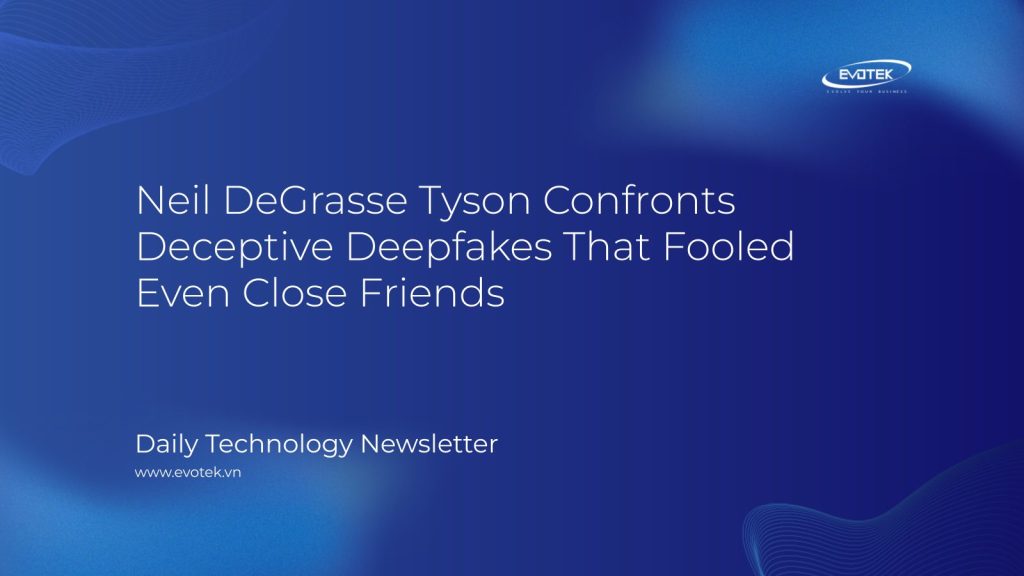Astrophysicist Neil DeGrasse Tyson is actively speaking out against realistic deepfake videos leveraging his likeness. These AI-generated clips have spread a variety of outlandish scientific theories and misinformation, prompting the renowned scientist to clarify his true beliefs and warn the public.
Artificial intelligence has seamlessly integrated into daily life, from professional applications to the constant stream of AI-generated content on social media. This surge in AI-powered creation, particularly through deepfake technology, has become a significant concern for many, especially public figures. The sophistication of these videos makes it increasingly difficult for viewers to distinguish between authentic content and digitally manipulated fakes.
Deepfakes Attribute False Theories to Tyson
In Tyson’s case, these fabricated videos have falsely linked him to various unproven concepts, including the flat earth theory. During his October 30 broadcast on StarTalk, Tyson emphatically stated, “That’s not me.” The prevalence of these deceptive videos underscores the urgent need for media literacy in the digital age.
While acknowledging a certain flattery that people would want to incorporate his image into engaging content, Tyson quickly highlighted the severe implications of such deception. “I’m seriously flattered by that. However, it’s a deepfake,” he explained. “If it’s fooling people and people are not thinking, ‘oh this is a parody, this is just a fun excursion’ then it’s transgressive to the integrity we’ve worked so hard to build. Something has got to be done about that.”
The Line Between Parody and Deception
Tyson differentiates between obvious parodies and malicious deepfakes. He finds “obvious” AI videos, such as the “babyfied” trend featuring himself, to be harmless and even entertaining. However, the integrity of information is compromised when these creations cross into appearing as genuine content.
“When you do this and the viewer does not know it’s parody, then you’re crossing a line,” DeGrasse Tyson asserted. The astrophysicist revealed that even his friend, actor Terry Crews, was duped by one such video, prompting Tyson to personally intervene and set the record straight.
Identifying Fake Content: Tyson’s Clear Warnings
To help his audience identify fabricated content, DeGrasse Tyson offered clear indicators of inauthentic videos. “You will not see me hawking products, not soft drinks, not sneakers. I don’t care, it doesn’t matter what it is that’s out there,” he declared. “If you do (see it), it’s not simply, chances are it’s a deepfake, it is a deepfake! Pure and simple.”
Furthermore, Tyson emphasized that he does not instruct viewers to perform any actions, beyond his enduring mantra to “keep looking up.” Therefore, any video where he appears to be giving specific instructions or endorsements should be immediately recognized as a deepfake. As deepfake technology continues to evolve, public awareness and critical evaluation of online content remain paramount.

 日本語
日本語 한국어
한국어 Tiếng Việt
Tiếng Việt 简体中文
简体中文